What Is Matcha Green Tea?
Matcha is a powdered green tea made from shade‑grown young tea leaves. Its rich umami flavor and fine texture come from meticulous traditional processing. Rich in catechins, polyphenols, and antioxidants, matcha has long been cherished in Japanese tea ceremonies and celebrated for its potential health benefits.
Caffeine Content and Pregnancy Guidelines
According to the American College of Obstetricians and Gynecologists (ACOG) and the World Health Organization (WHO), pregnant women should limit caffeine intake to about 200mg per day. A typical serving of matcha contains roughly 30–70mg of caffeine making it lower than a cup of coffee. However, it still counts toward the daily caffeine limit and can affect fetal development if consumed in excess. Always read product labels and consider choosing decaffeinated matcha to play it safe.
Consulting Healthcare Professionals
Each pregnancy is unique and it is vital to consult your obstetrician, midwife, or primary care physician before introducing matcha or any caffeinated tea into your routine. These professionals can help assess your individual health needs, medical history, and any potential interactions with medications or supplements you are taking, ensuring both mother and child stay safe and healthy.
Health Benefits of Matcha During Pregnancy
Matcha contains catechins and L‑theanine, compounds that have anti‑inflammatory and antioxidant properties. Its vitamins, such as A and C, along with iron, can be beneficial for overall well‑being when consumed in moderation. These compounds may aid in reducing oxidative stress, supporting fetal development, and promoting relaxation. However, balance and moderation are key to ensuring the benefits outweigh any potential caffeine‑related risks.
Choosing the Right Matcha Products
Consider selecting decaffeinated matcha or premium organic matcha from trusted brands. These options minimize caffeine exposure and often have higher quality standards. Always review product labels and seek out first‑flush matcha which is typically milder and richer in nutrients. Thus making it ideal for pregnancy when consumed in moderation and upon medical advice.
Preparation and Recipes for Pregnancy
To make matcha pregnancy‑friendly use one gram of matcha powder in a cup of hot water, steamed milk, or a mild smoothie. Always sift matcha powder to remove clumps and ensure a smooth, digestible tea. Avoid sweetened or artificially flavored matcha products which may introduce unwanted additives into your pregnancy routine.
Recommended Intake and Moderation
To adhere to safe caffeine limits, limit matcha intake to one or two servings per day and consume it with meals. As pregnancy progresses especially in the last trimester, consider further reducing caffeine intake. Always review your matcha habits with your doctor to accommodate any changes in medical needs or pregnancy status.
Risks and Safety Considerations
Excess caffeine can negatively affect fetal development, increasing the risk of low birth weight, miscarriage, or preterm labor. Limiting caffeine‑rich drinks, including matcha helps mitigate these risks. Consult authoritative sources such as the Dutch Professional Association of Midwives (KNOV) or the World Health Organization (WHO) for personalized recommendations tailored to your pregnancy and overall health.
Conclusion
Matcha can be a rewarding part of a pregnancy routine when consumed mindfully. Its rich array of nutrients and antioxidants can support overall health when kept within safe caffeine limits.
Always consult your doctor, select high‑quality matcha products, and enjoy this traditional Japanese tea in moderation. To experience matcha in its best form, explore our handcrafted matcha cups available at MyJapaneseWorld.com making every sip an experience for you and your growing family.
Disclaimer
This article is intended for informational and educational purposes only. It does not constitute medical advice. Always consult with a qualified medical professional before making changes to your diet or caffeine intake during pregnancy.


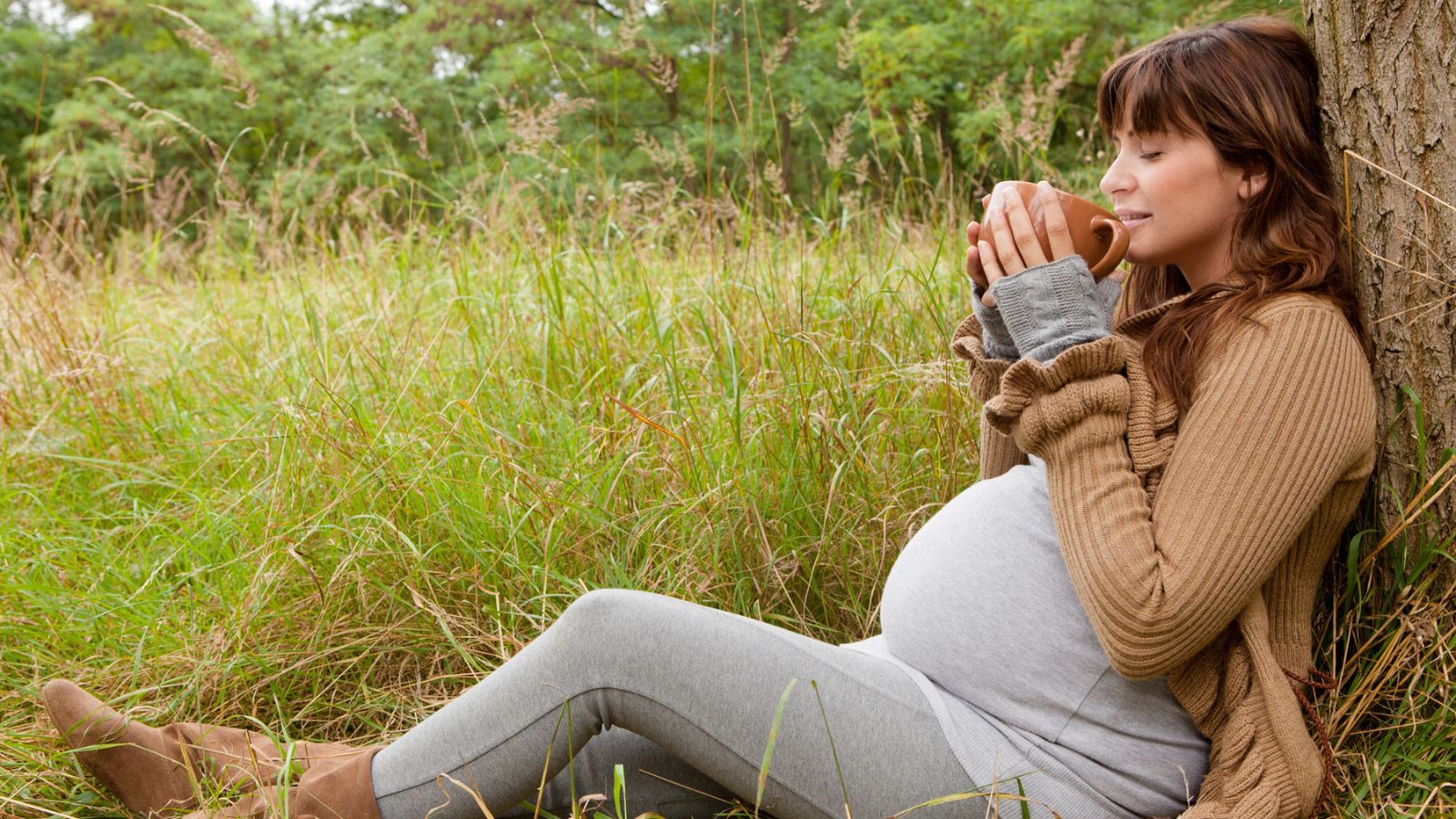




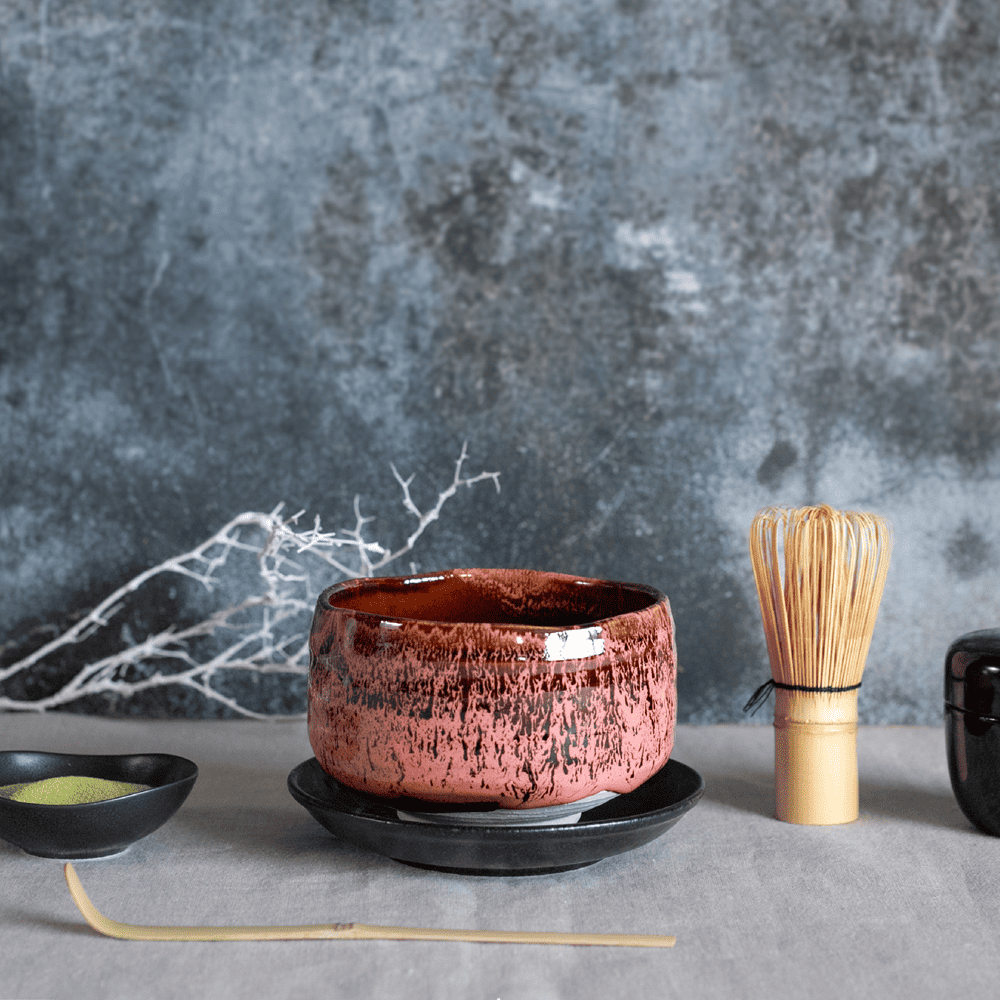
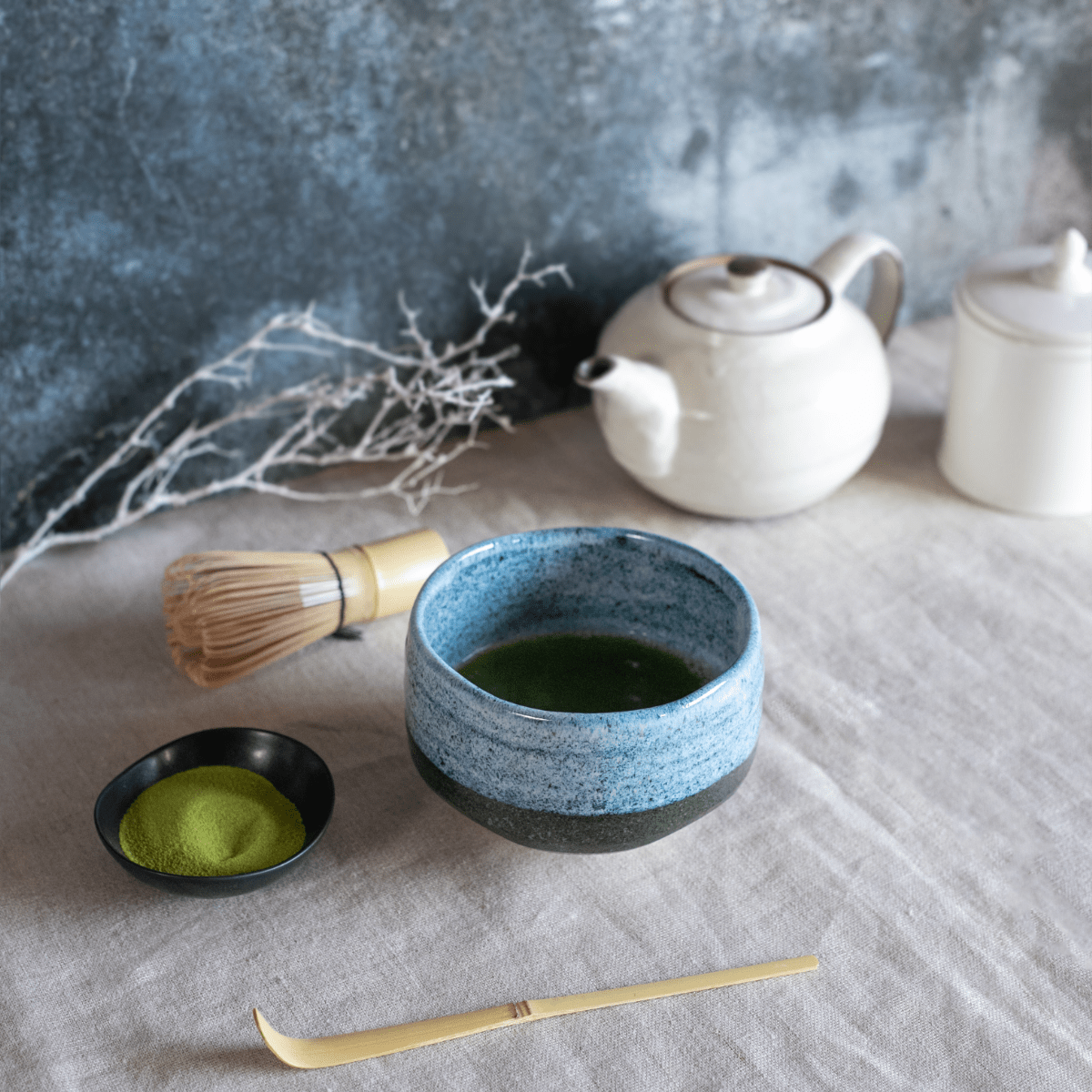
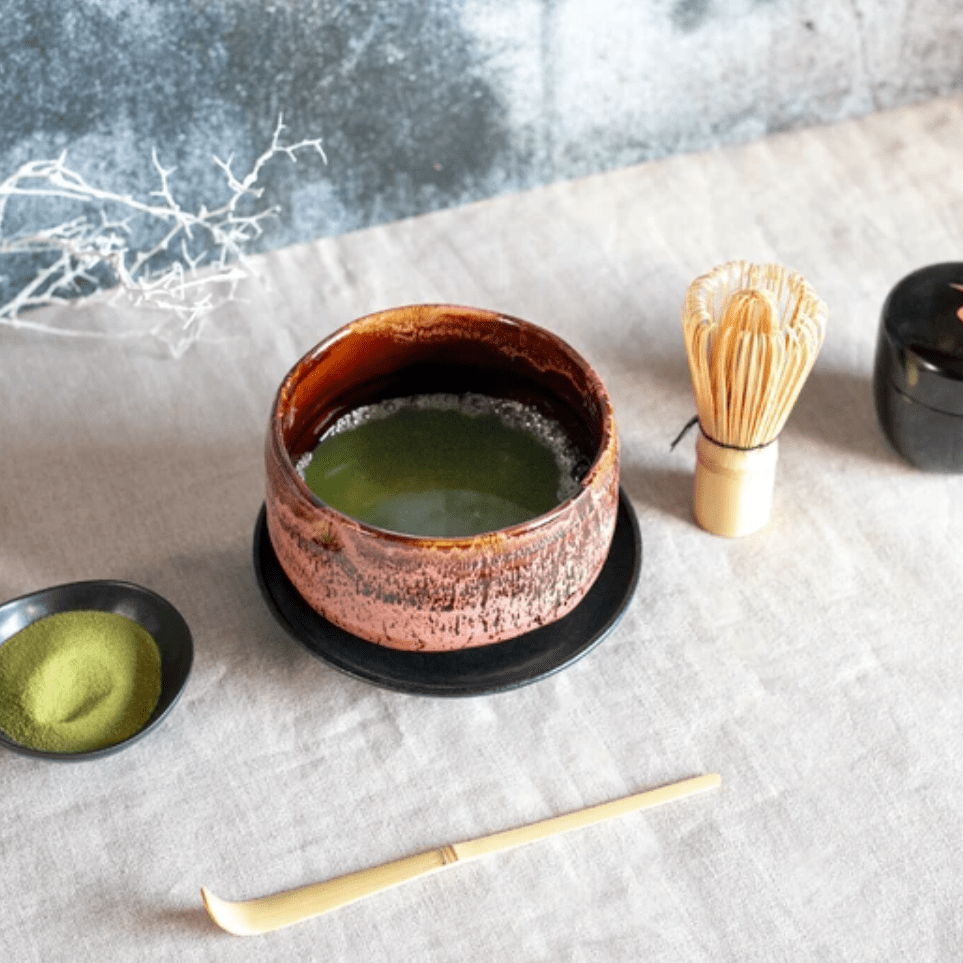
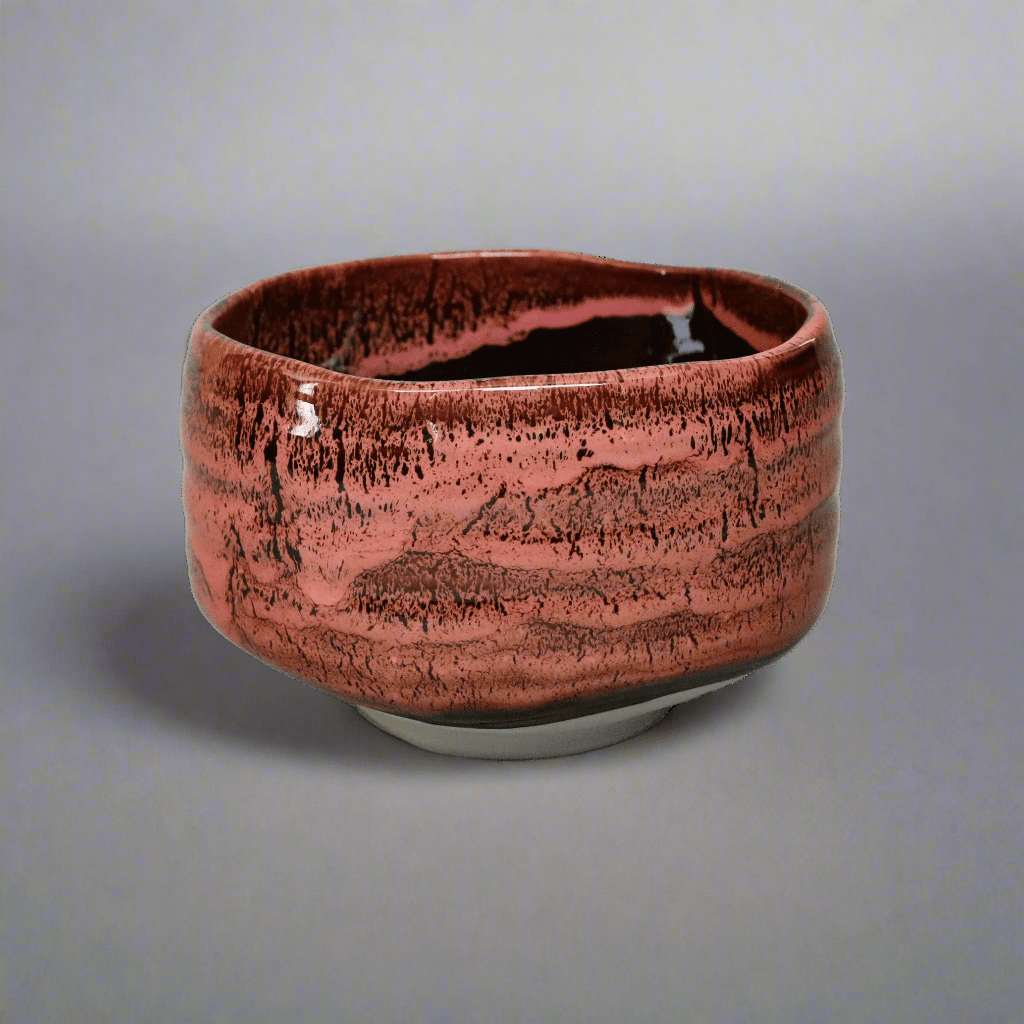
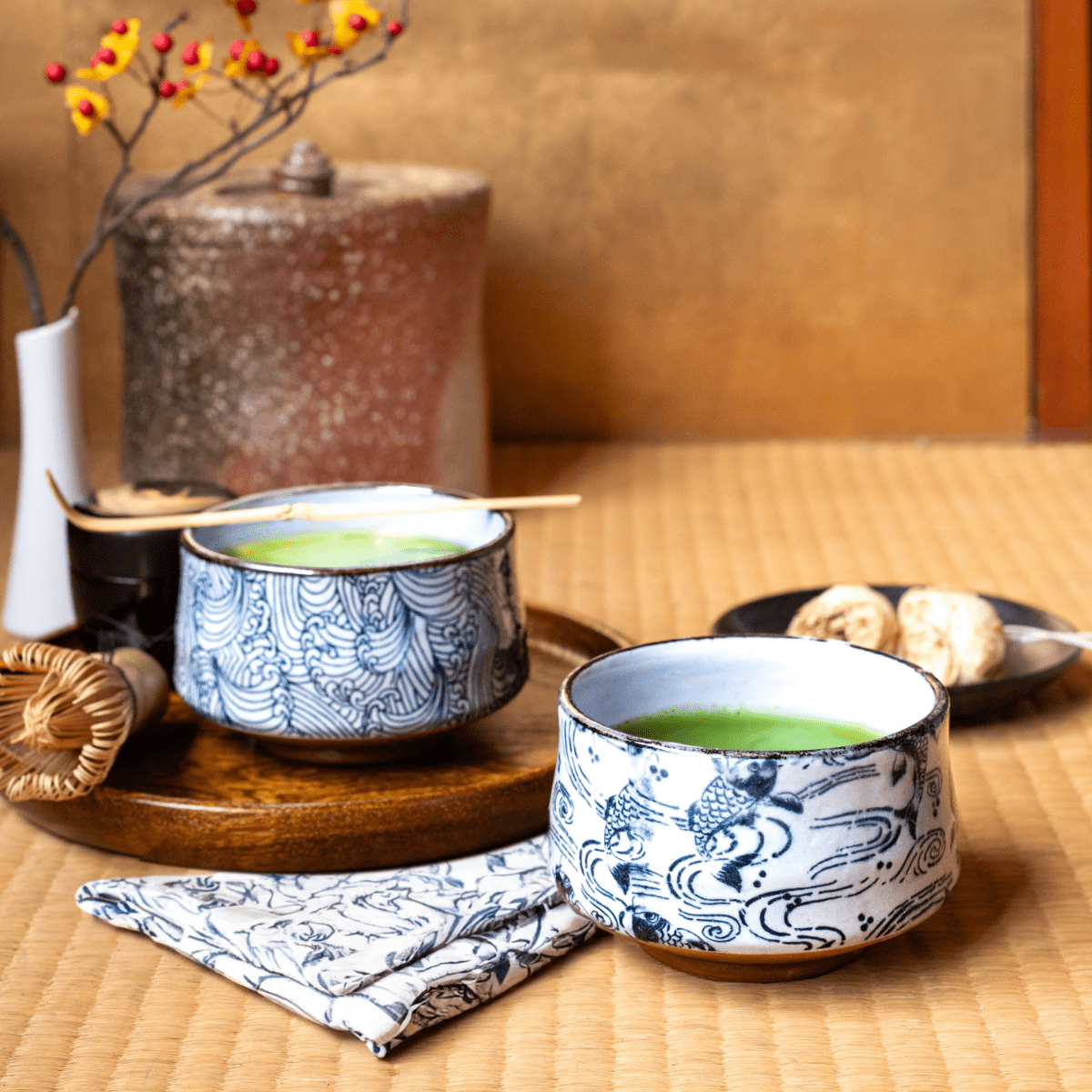
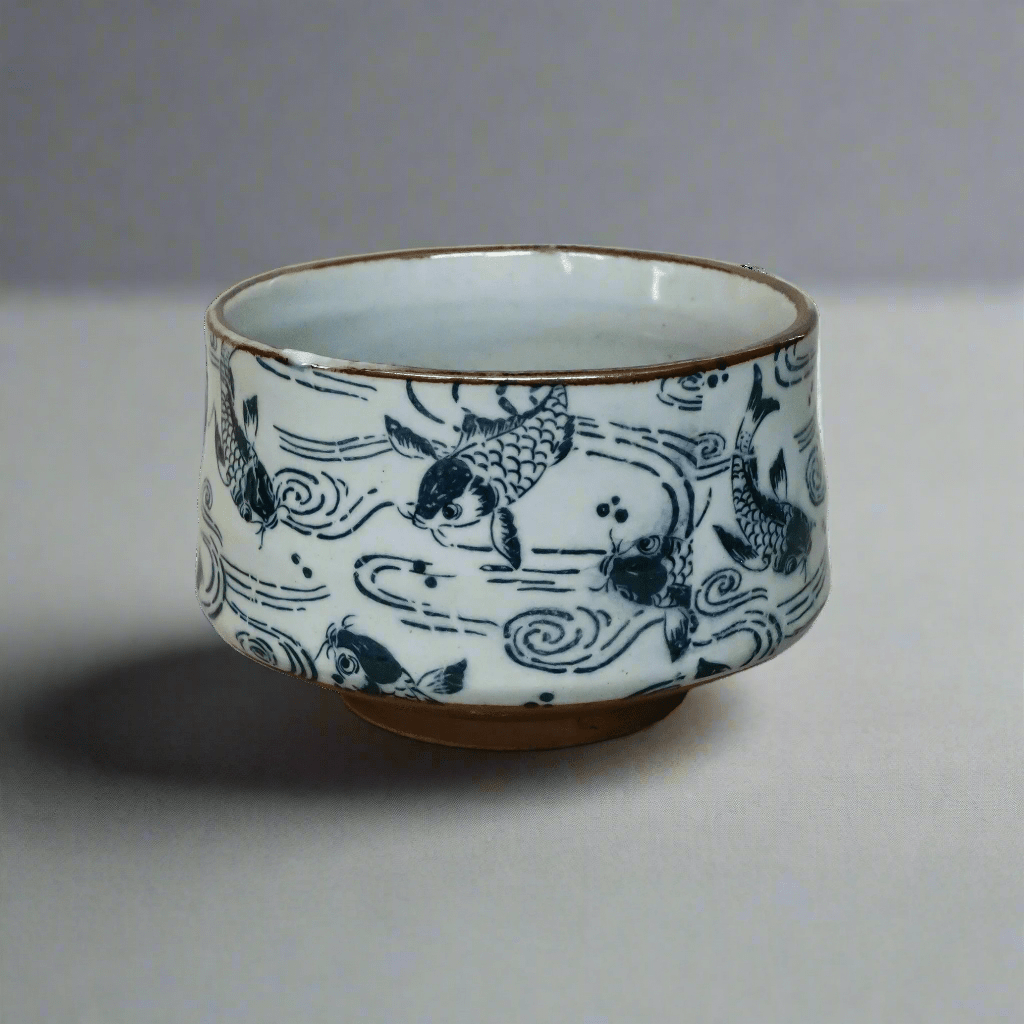
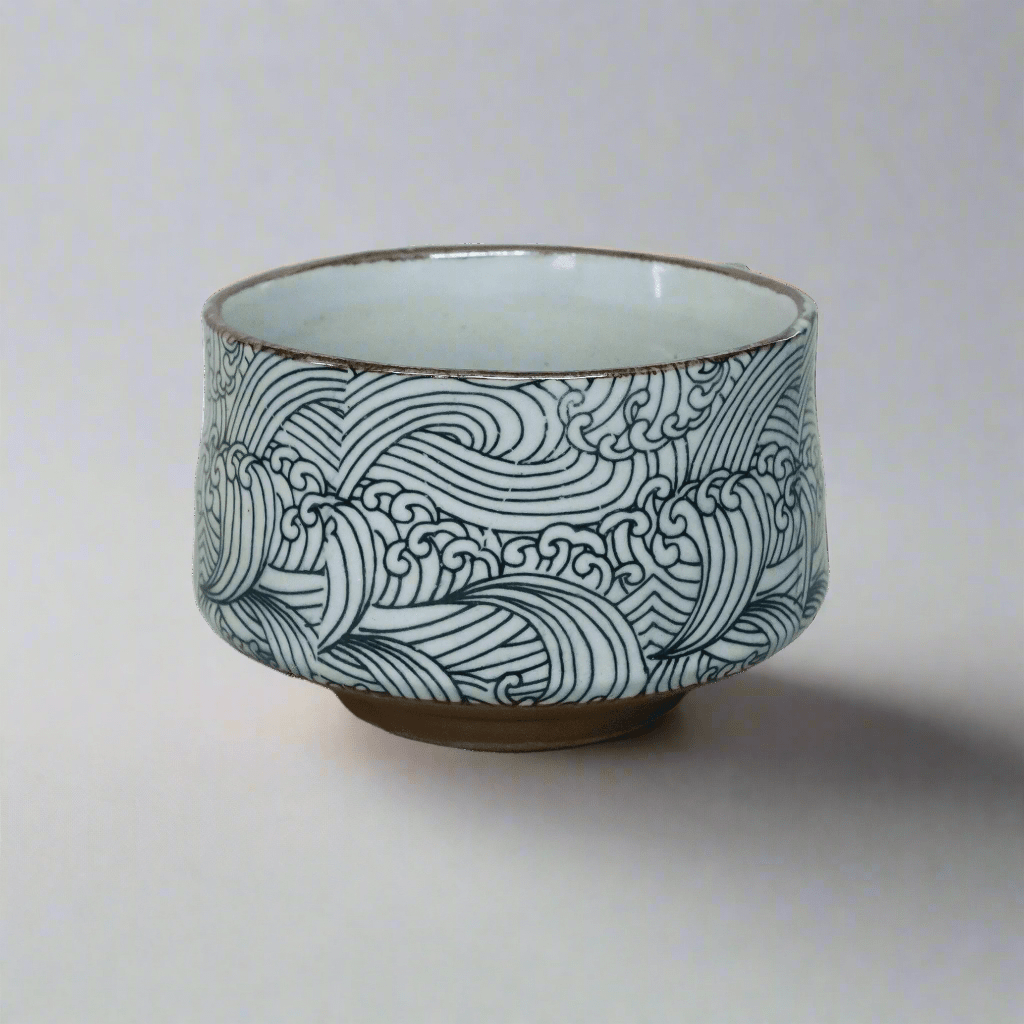
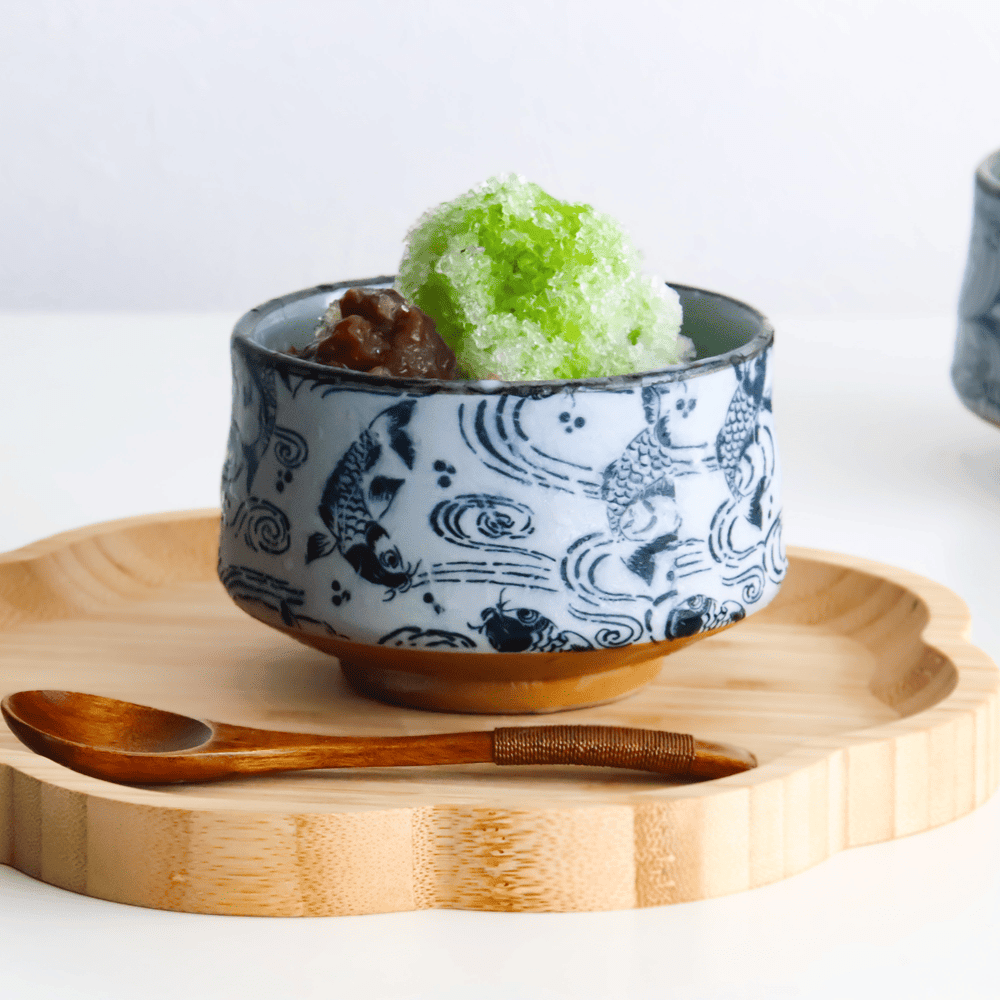
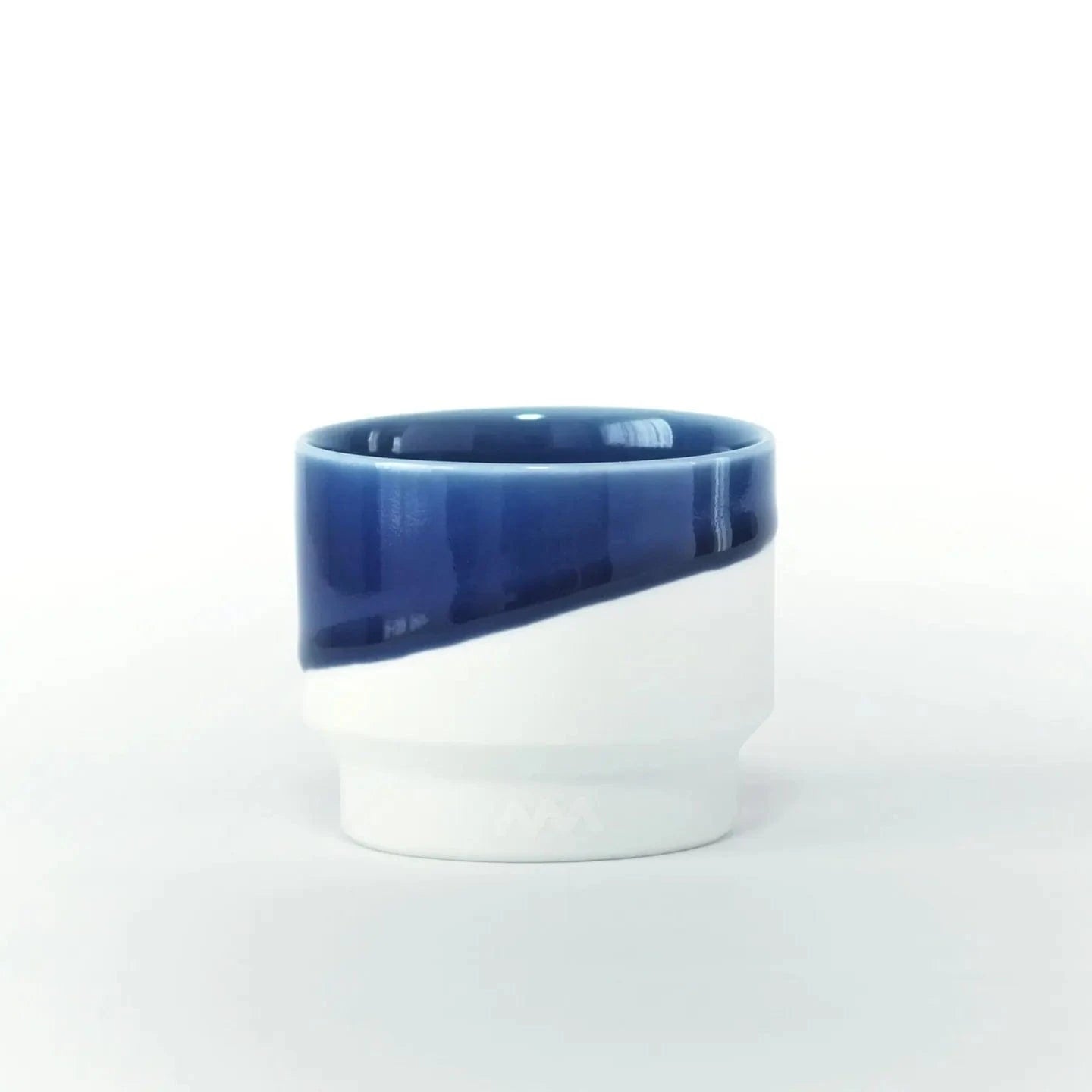
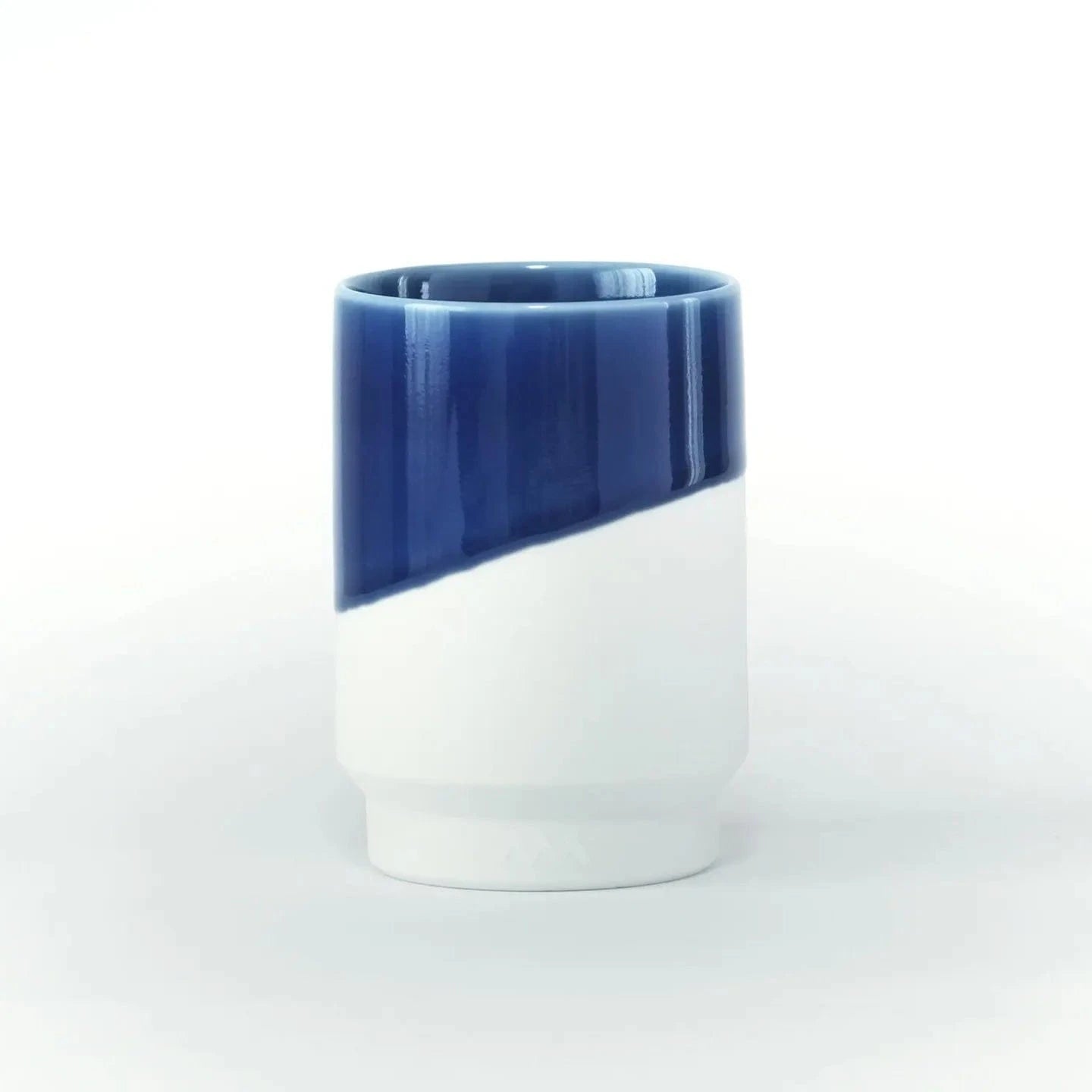
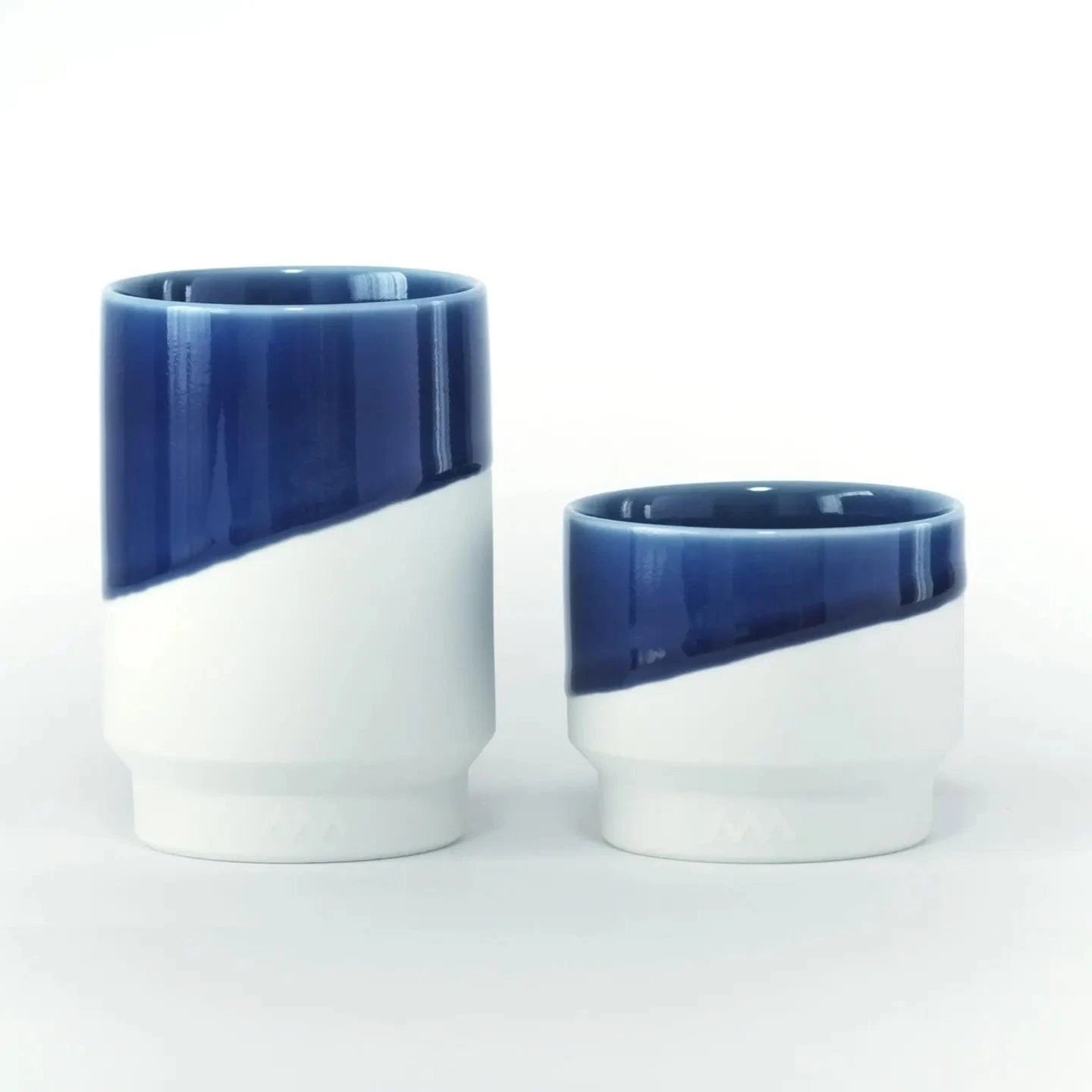
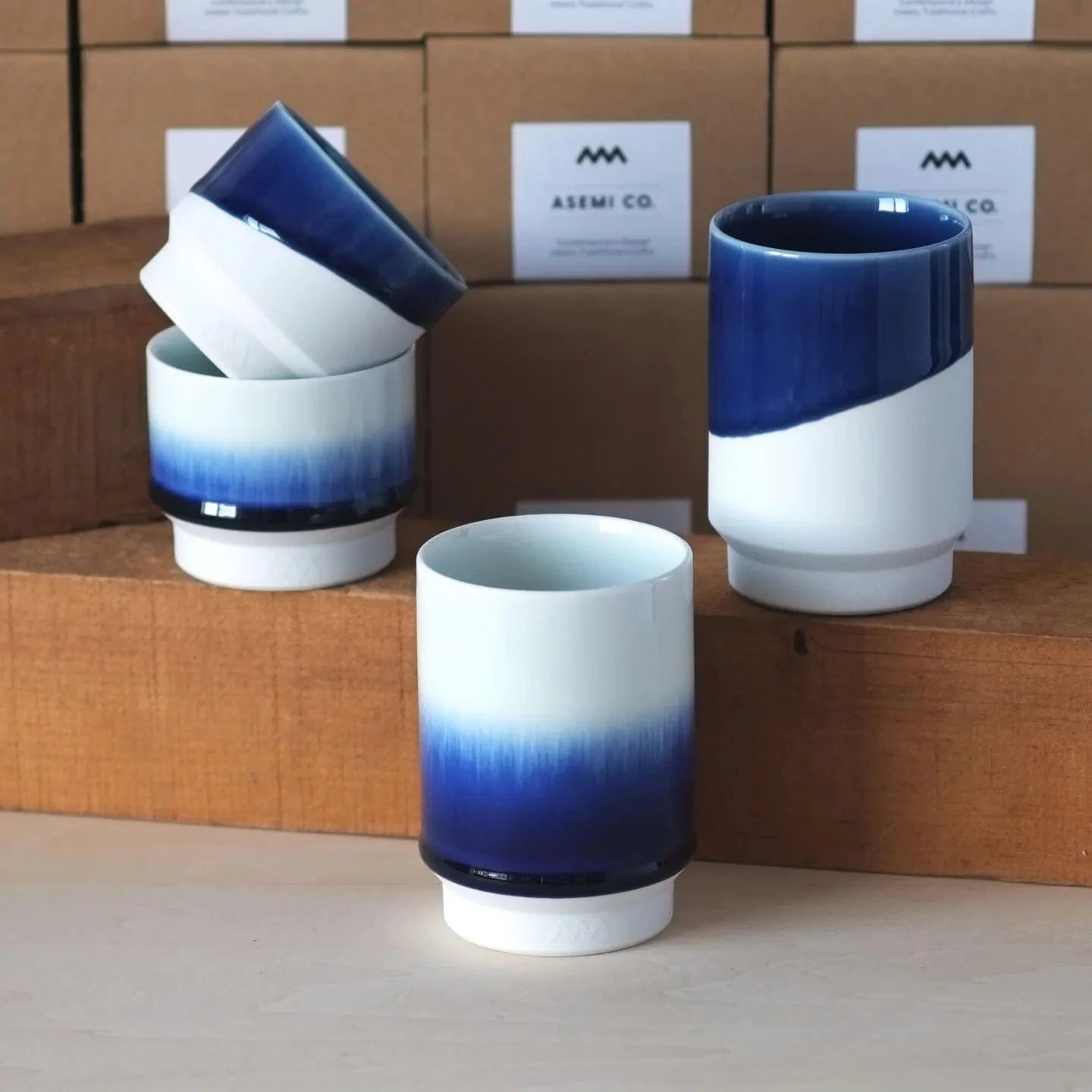
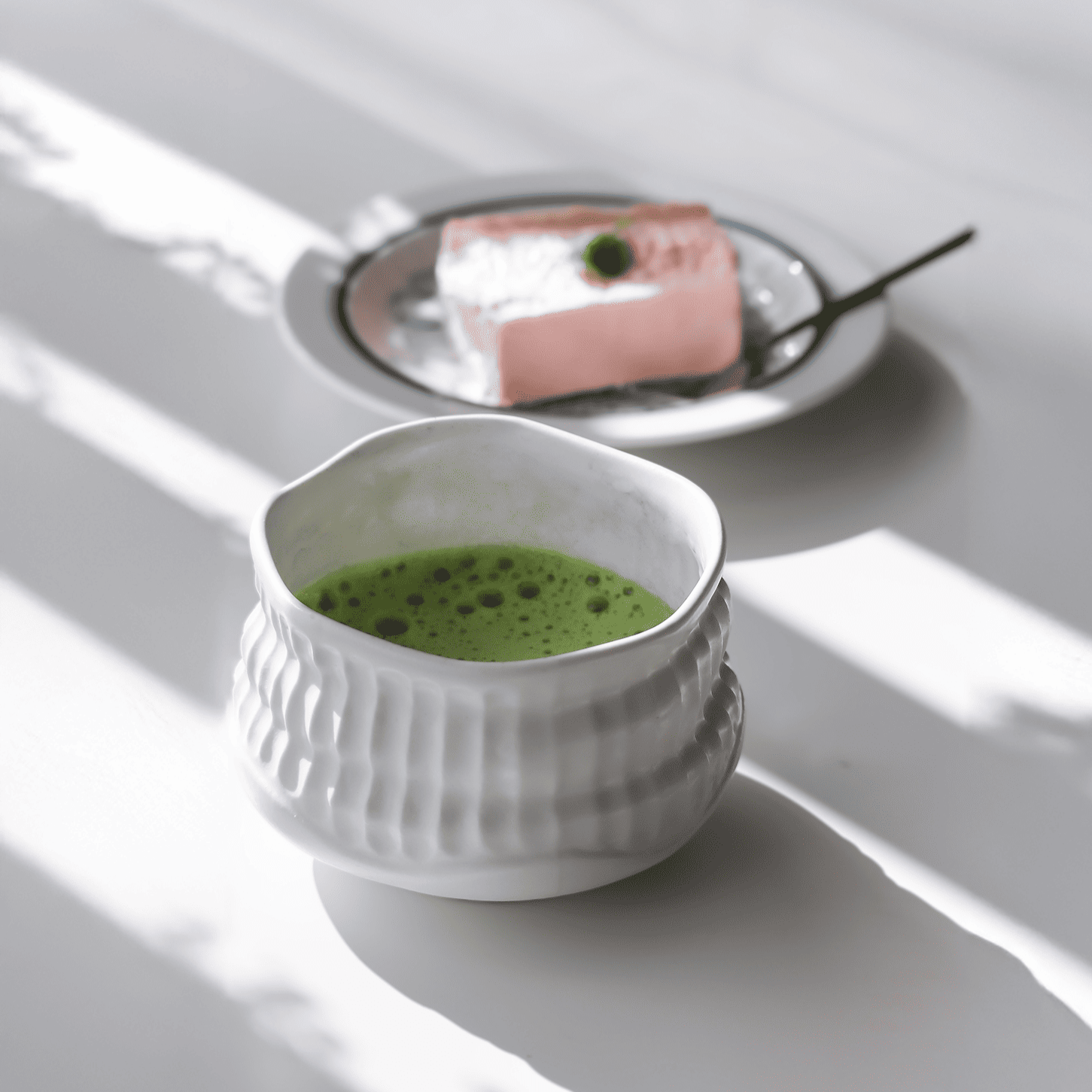
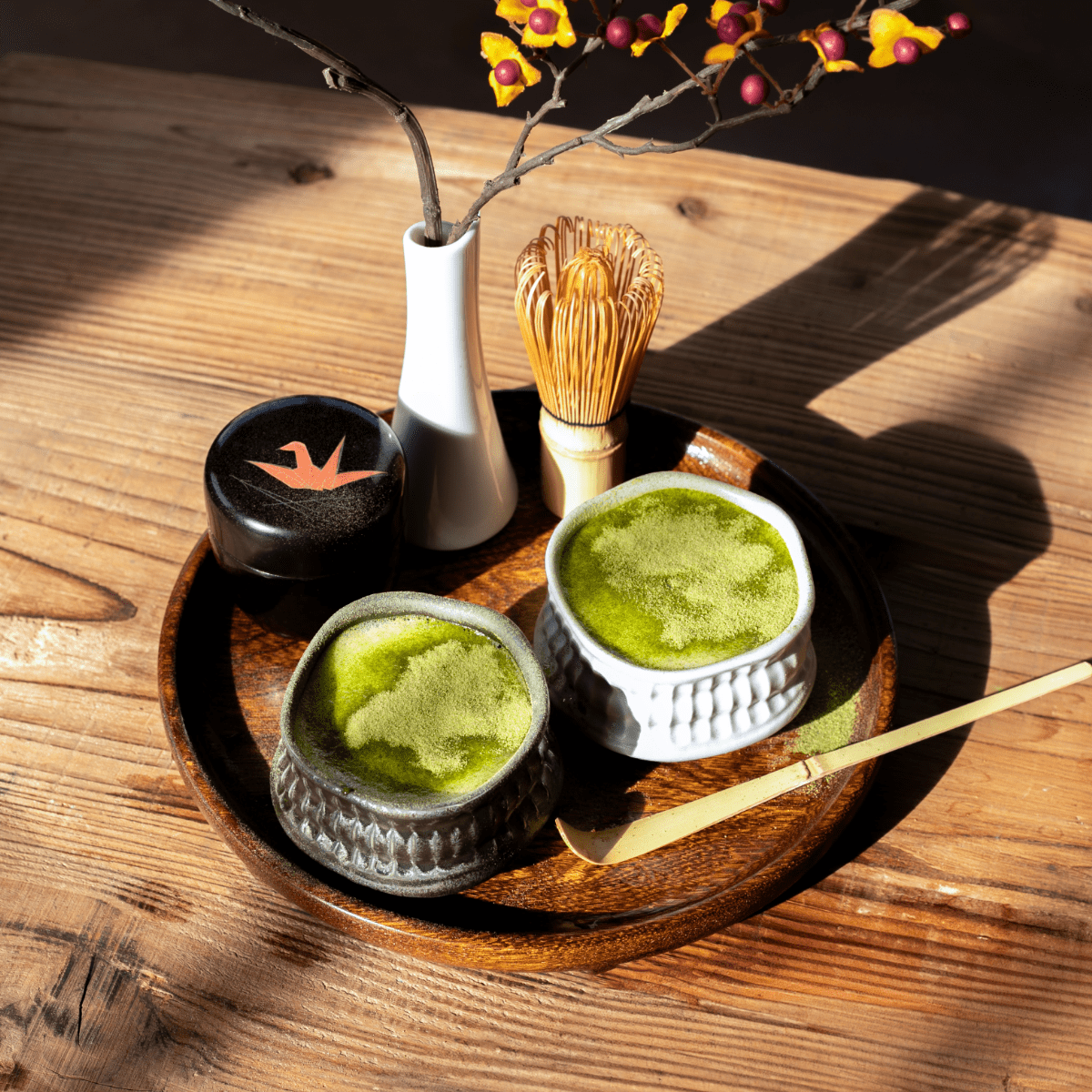
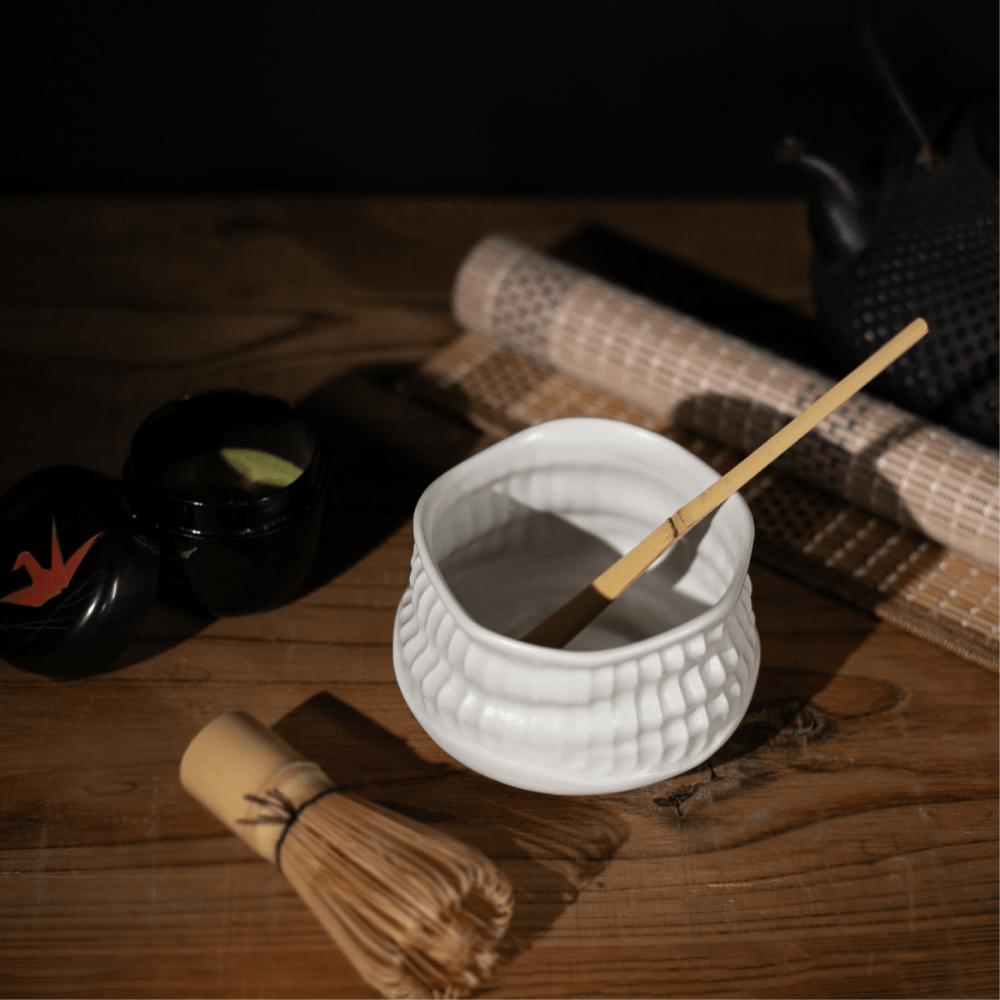
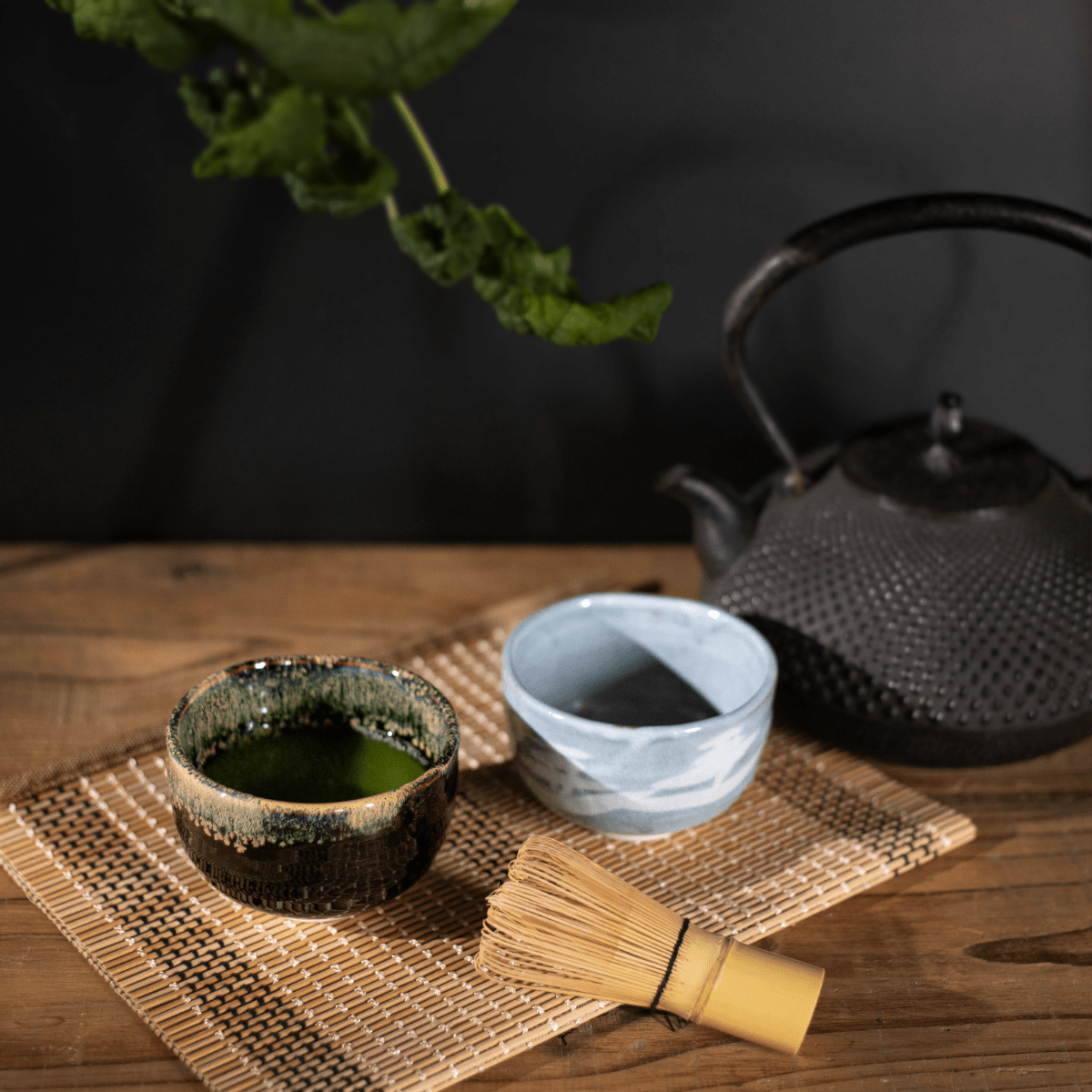
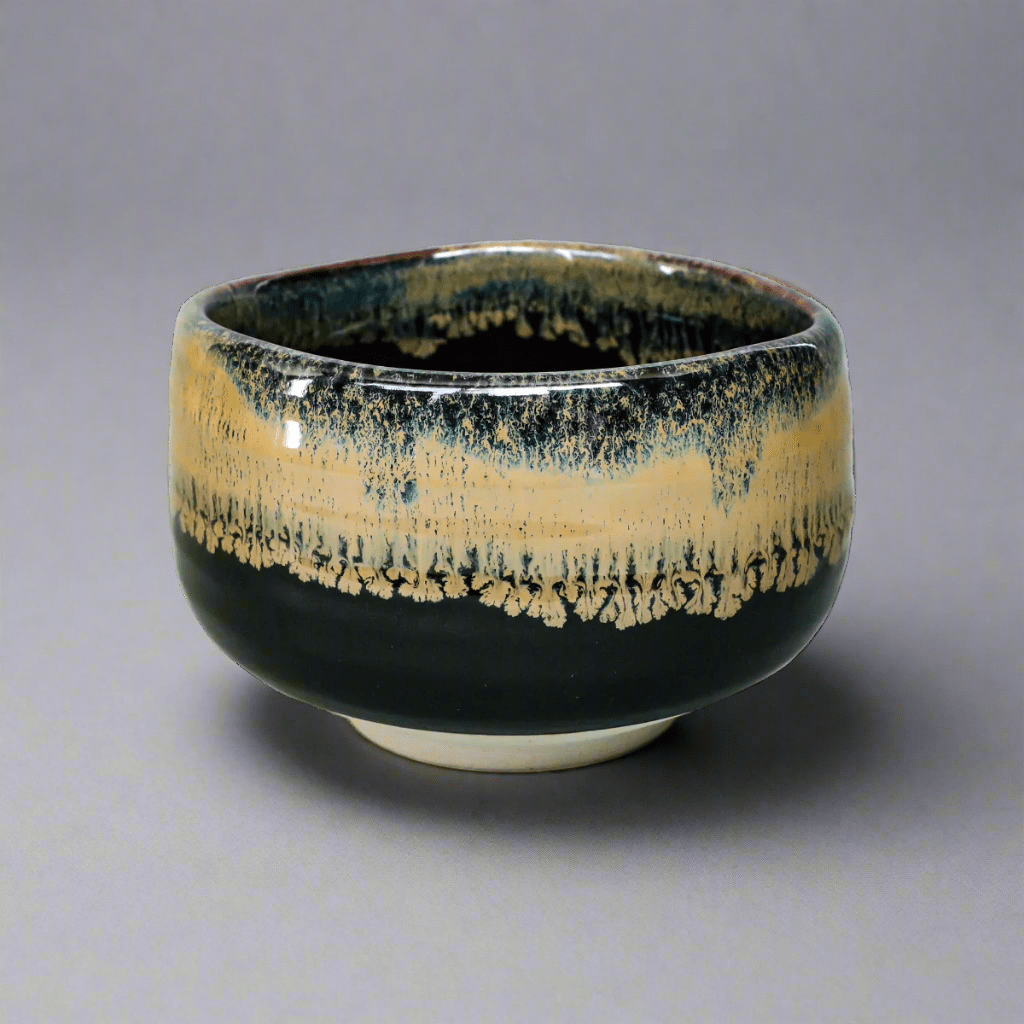
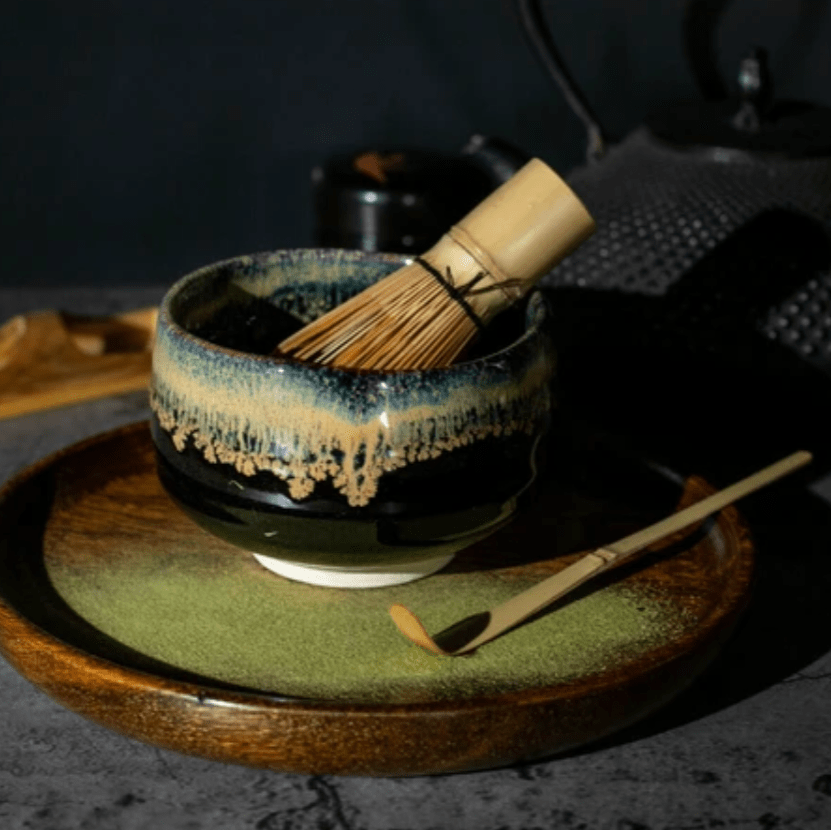
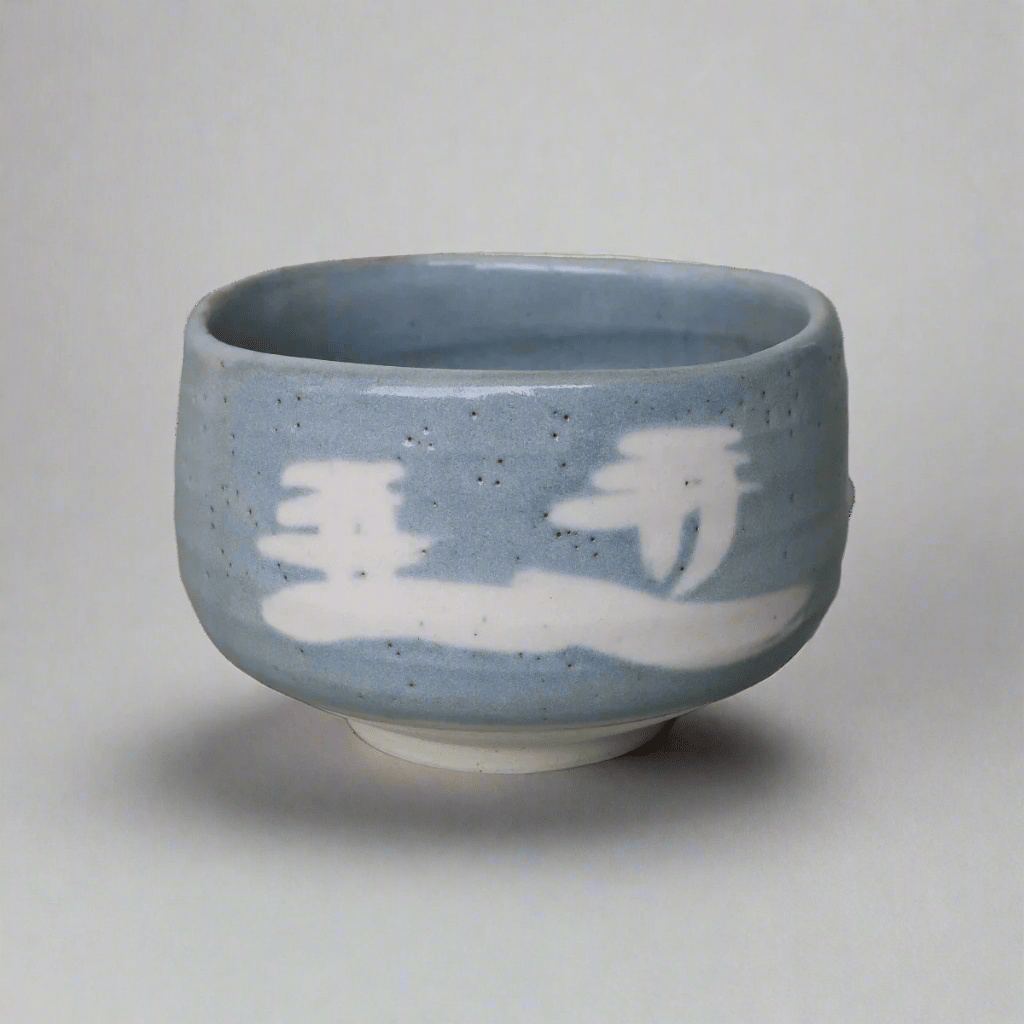
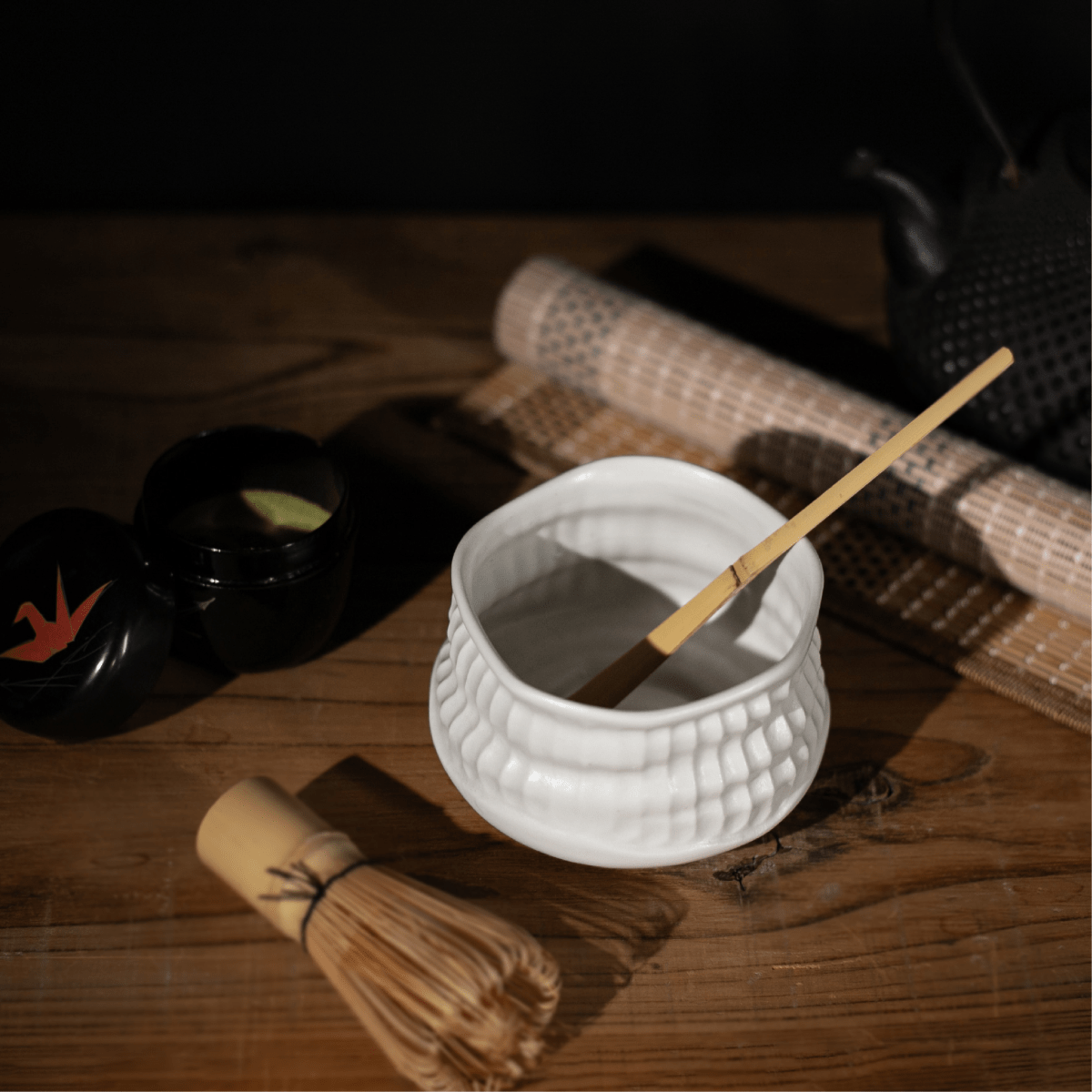
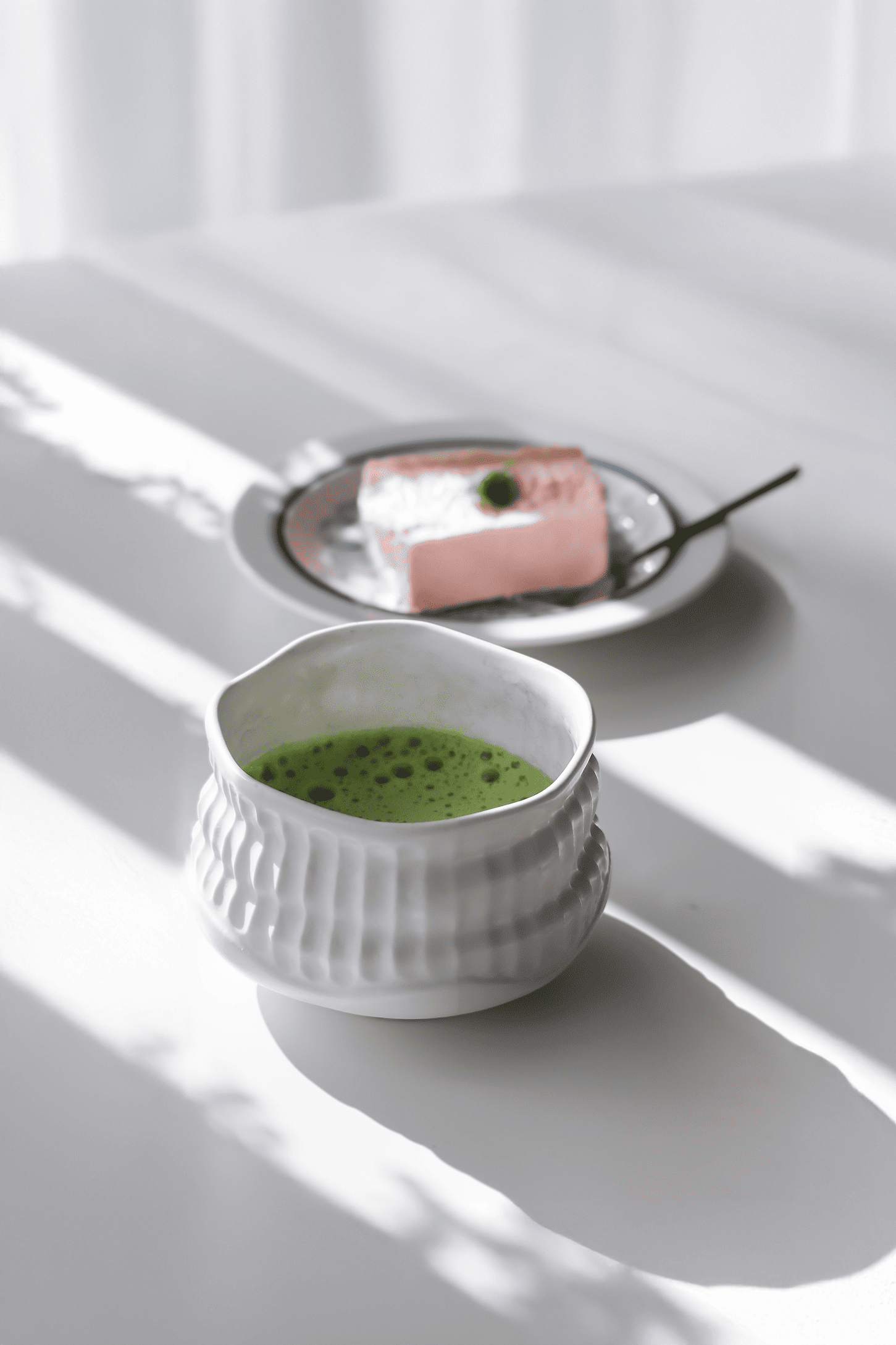
Share: